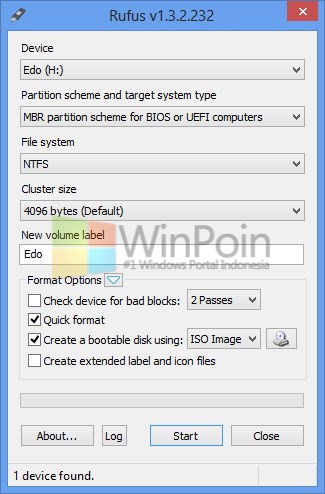Cara Install Ulang Windows Xp Sp3 Menggunakan Flash Disk Tidak Terdeteksi

System File Checker gives an administrator the ability to scan all protected files to verify their versions. If System File Checker discovers that a protected file has been overwritten, it retrieves the correct version of the file from the cache folder (%Systemroot% System32 Dllcache) or the Windows installation source files, and then replaces the incorrect file.
Oct 04, 2015 tutorial lengkap instal windows xp Profesional. Skip navigation Sign in. Programmu assistant choice exam. Cara Install Ulang Windows XP Profesional. Factory Reset Your Windows PC NOW!!! 2017 Window 7, 8.
System File Checker also checks and repopulates the cache folder. You must be logged on as an administrator or as a member of the Administrators group to run System File Checker.
If the cache folder becomes damaged or unusable, you can use the sfc /scannow, the sfc /scanonce, or the sfc /scanboot commands to repair its contents. Back to the top System File Checker Tool Syntax Sfc [/Scannow] [/Scanonce] [/Scanboot] [/Revert] [/Purgecache] [/Cachesize=x] * /Scannow: Scans all protected system files immediately and replaces incorrect versions with correct Microsoft versions. This command may require access to the Windows installation source files.
* /Scanonce: Scans all protected system files one time when you restart your computer. This command may require access to the Windows installation source files when you restart the computer. The SfcScan DWORD value is set to 2 in the following registry key when you run this command: HKEY_LOCAL_MACHINE SOFTWARE Microsoft Windows NT CurrentVersion Winlogon * /Scanboot: Scans all protected system files every time you start your computer. This command may require access to the Windows installation source files every time you start your computer. The SfcScan DWORD value is set to 1 in the following registry key when you run this command: HKEY_LOCAL_MACHINE SOFTWARE Microsoft Windows NT CurrentVersion Winlogon * /Revert: Returns scan to the default setting (do not scan protected files when you start the computer).The default cache size is not reset when you run this command. This command is equivalent to the /Enable switch in Windows 2000.
* /Purgecache: Purges the file cache and scans all protected system files immediately. This command may require access to the Windows installation source files. * /Cachesize=x: Sets the file cache size to x megabytes (MB). The default size of the cache is 50 MB.

This command requires you to restart the computer, and then run the /purgecache command to adjust the size of the on-disk cache. How the WFP feature works The WFP feature provides protection for system files using two mechanisms. The first mechanism runs in the background. This protection is triggered after WFP receives a directory change notification for a file in a protected directory.
After WFP receives this notification, WFP determines which file was changed. If the file is protected, WFP looks up the file signature in a catalog file to determine if the new file is the correct version. If the file is not the correct version, WFP replaces the new file with the file from the cache folder (if it is in the cache folder) or from the installation source. WFP searches for the correct file in the following locations, in this order: • The cache folder (by default,%systemroot% system32 dllcache). • The network install path, if the system was installed using network install. • The Windows CD-ROM, if the system was installed from CD-ROM. If WFP finds the file in the cache folder or if the installation source is automatically located, WFP silently replaces the file and logs an event that resembles the following in the System log.